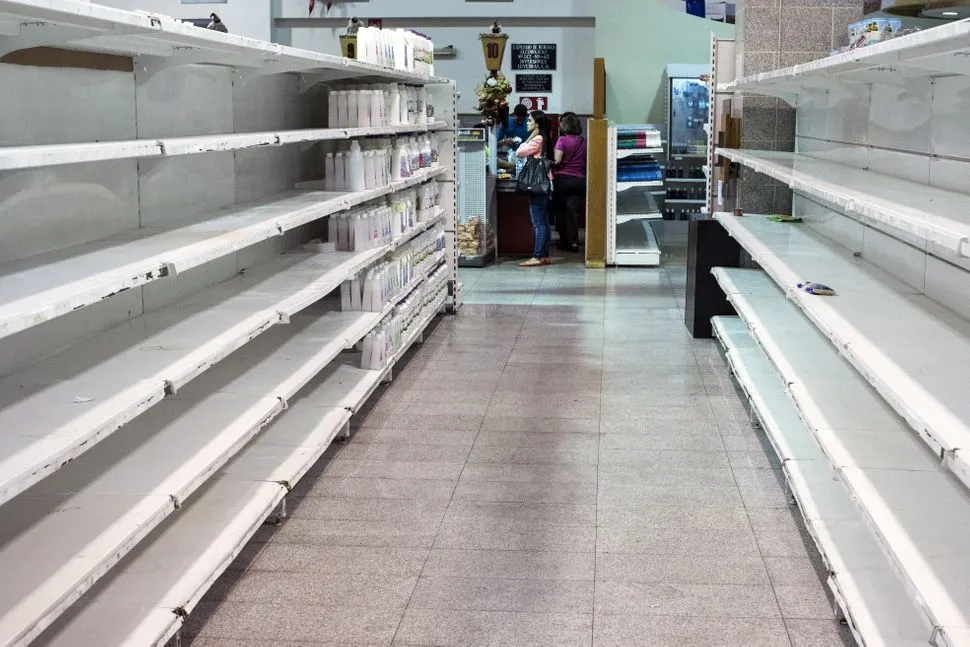In his presentation about the book he coauthored, Socialism Sucks: Two Economists Drink Their Way Through the Unfree World, Benjamin Powell made the interesting point that entrepreneurship cannot exist within a socialist society (video here). After all, allowing people to start and advance private businesses in hopes of gaining profit is characteristic of a capitalist economy. And I believe that entrepreneurship is extremely valuable; without it, great companies and products like Chick-fil-A, Walmart, and Microsoft wouldn't really exist, or at least they wouldn't be at high quality.
I've heard people say on the contrary that we could still have diverse and high-quality products under a socialist economy, but I don't think these people have fully considered what happens in countries that adopt socialist systems, such as in Venezuela and in Cuba.
The economic downfall and social unrest in Venezuela are caused and worsened by its socialistic government. Venezuela used to be very rich and economically free, but although its economy was relatively stable for a decade while it was democratically socialist, it went into decline along with its oil business. The government of Venezuela relied on its valuable oil business to purchase foreign foods and supplies to hand out to its citizens, so as soon as oil prices began to plumet, the government could no longer provide afford imported basic necessities to provide for its people. If only entrepreneurs had the freedom to sell these basic necessities in high volumes -- the socialist, centralized policies that the government adopted prevented this. It became a country "that couldn't feed itself" because opportunity-driven entrepreneurship was restricted. If Venezuela would only allow its ambitious entrepreneurs to take risks and come up with ways to create value and sell goods, I think the crisis in Venezuela could be a different story; but private business there is crippled.
Socialistic policies are also the source of quality-of-life issues in Cuba, especially in its capital, Havana. Because restaurants and hotels in Cuba are run by its government, the quality of their products and services are astonishingly low compared to restaurants and hotels in the United States, as Powell so vividly explained from his personal experience. On major commercial streets in Havana, there are just about no signs advertising businesses and restaurants, because the workers there have no incentive to serve customers. They get paid to do work, and do not reap immediate monetary benefits from serving annoying customers, so they are instead incentivized to interact with as few customers as possible and make the interactions between them as short as possible. And not only that -- there is also hardly any food diversity, since it's easier on the government to handle a smaller number of kinds of foods. It's a similar situation with Cuba's hotels: they are government-ran, and unless important politicians or officials are staying in the hotels, the government will have no incentive to keep thousands of rooms in good condition. The United States hardly shares this issue, because our hotels and restaurants are owned by private businesses and entrepreneurs who compete for customers, so that these business owners have all kinds of incentive to create quality products and services to their customers.
Entrepreneurship and private business ownership is essential for an economy to function, as those things add freedom and competition in business. If an economy allows for private business ownership, then there can be competition between businesses that drives them to create higher quality goods and services. If an economy is free, then domestic trade can flourish, and private companies can produce necessities and other products or people who need them. Although the role of the government to protect the life, liberty, and property of its citizens is of vital importance, the producing and selling of most products and services should be left to motivated entrepreneurs.
